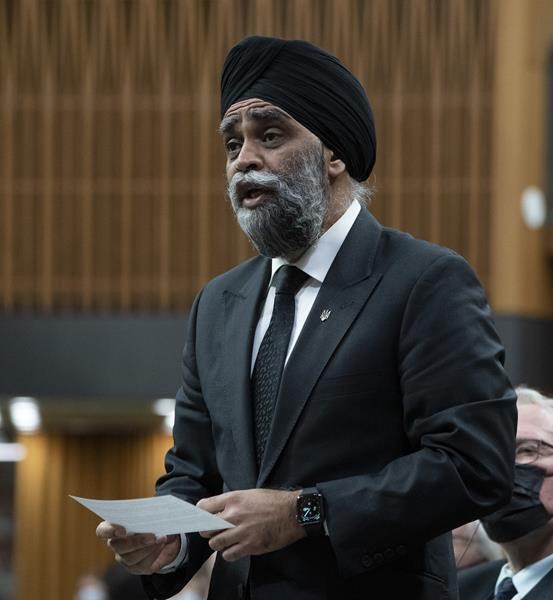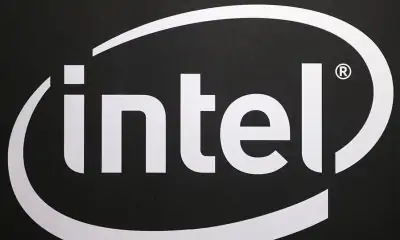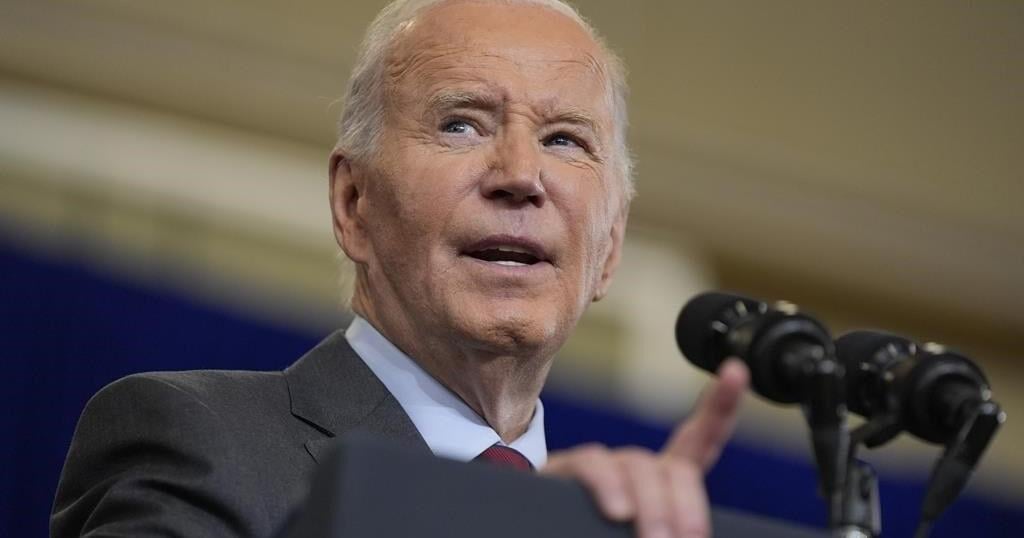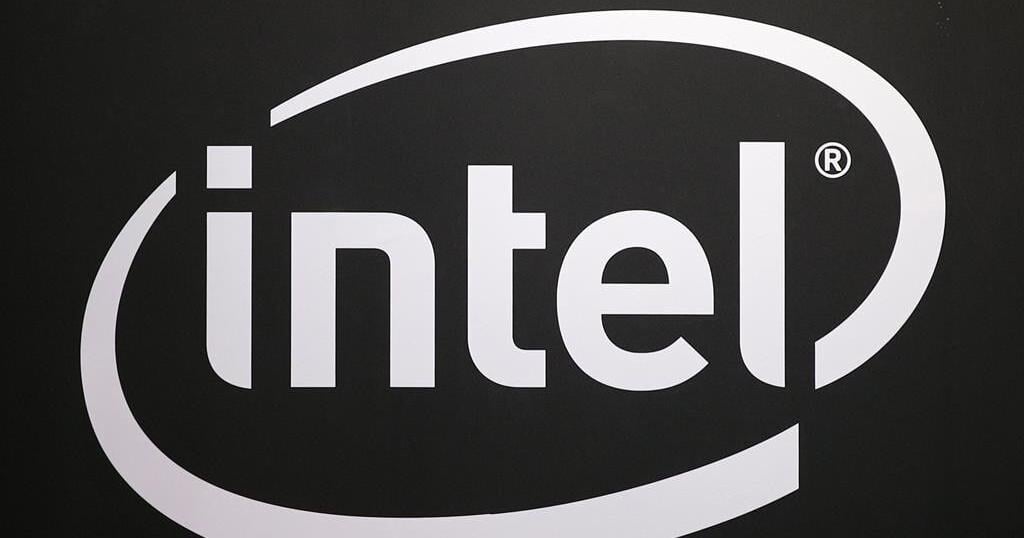OTTAWA — Two containers of food bound for Afghanistan have been cancelled by a Canada-based aid agency because of a law banning any dealings with the Taliban.
World Vision says it has been forced to cancel a large shipment of “therapeutic food,” which it said could have fed around 1,800 children.
Asuntha Charles, World Vision Afghanistan’s national director, said the country is facing a dire humanitarian crisis and the shipment of food had to be cancelled because of “unnecessary restrictions.”
Canada passed a law in 2013 listing the Taliban as a terrorist organization and creating penalties of up to 10 years in prison if Canadians directly or indirectly provide them with property or finances.
Aid agencies working in Afghanistan complain the law in its current form is impeding their work because they cannot help anyone who may have official dealings with what is now the Afghan government, including those paying rent or taxes.
Charles said it was “time for Canada to take action by decriminalizing humanitarian aid to Afghanistan to save lives before it is too late.”
Amy Avis, a lawyer for the Canadian Red Cross, said Canada needs to find a way to allow aid to reach people in Afghanistan.
Ten humanitarian organizations made a submission to a special parliamentary committee on Afghanistan earlier this year calling on ministers to relax the laws so they could work on the ground in Afghanistan without fear of breaching Canada’s anti-terrorism laws.
They criticized Canada for not adjusting its regulations following a December 2021 UN Security Council resolution that said “humanitarian assistance and other activities that support basic human needs in Afghanistan” would not violate the council’s sanctions regime.
Michael Messenger, president of World Vision Canada, told the committee that Canada was “out of step” with other countries, including the U.S., which have made changes to make humanitarian aid to Afghanistan easier.
In its official report, the parliamentary committee recommended that the government “ensure that registered Canadian organizations have the clarity and assurances needed — such as carve-outs or exemptions — to deliver humanitarian assistance and meet basic needs in Afghanistan without fear of prosecution for violating Canada’s anti-terrorism laws.”
Haley Hodgson, spokeswoman for International Development Minister Harjit Sajjan, said he is working with the departments of Public Safety and Justice to look at “necessary changes” to the law.
“We are continuing to support the immediate needs of the Afghan people,” she said. “In 2022, Canada has allocated $143 million in humanitarian assistance in Afghanistan and neighbouring countries.”
Sajjan has stressed previously that the government has no plans to remove the Taliban from its list of terrorist organizations.
This report by The Canadian Press was first published Aug. 8, 2022.
Marie Woolf, The Canadian Press
Related


































